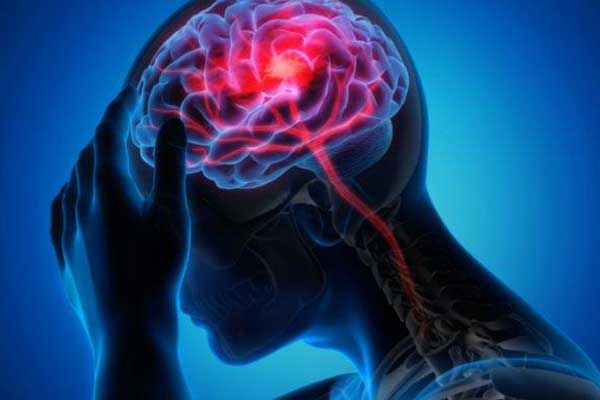Vertigo
Vertigo is a sensation of spinning or movement, even when you’re standing still. It’s not a disease itself but a symptom of a problem in the inner ear or brain — areas that control balance.
What Vertigo Feels Like
People with vertigo may describe:
- Feeling like you or the room is spinning
- A sense of being off balance or pulled to one side
- Difficulty standing or walking
- Nausea or vomiting
- Sweating
- Abnormal eye movements (nystagmus)
What you need to know
Types Of Vertigo
Peripheral Vertigo (most common)
Caused by problems in the inner ear or vestibular nerve (which helps control balance).
- Benign Paroxysmal Positional Vertigo (BPPV): Triggered by head movement. Tiny crystals in the ear become dislodged.
- Meniere’s disease: Caused by excess fluid in the inner ear. Also includes tinnitus and hearing loss.
- Vestibular neuritis/labyrinthitis: Inner ear inflammation due to a virus.
🧪 Diagnosis
A doctor may use:
- Balance tests (like the Dix-Hallpike test for BPPV)
- Hearing tests
- MRI or CT scan (to rule out brain causes)
- Eye movement exams (to detect nystagmus)
💊 Treatment Depends on the Cause
For BPPV:
- Canalith repositioning maneuvers (like the Epley maneuver) — quick, effective physical techniques to move crystals back to where they belong.
For Vestibular neuritis or labyrinthitis:
- Steroids, antiviral medications, or vestibular rehab exercises
For Meniere’s disease:
- Low-sodium diet
- Diuretics
- In severe cases, injections or surgery
For vestibular migraine:
- Migraine medications
- Diet and lifestyle changes
🧘♀️ General Management
- Vestibular rehabilitation therapy (VRT): Exercises to retrain the brain and balance system
- Medications for symptoms:
- Meclizine, dimenhydrinate (motion sickness drugs)
- Antiemetics for nausea
- Anti-anxiety meds (in some cases)
⚠️ Medications are usually short-term; long-term use can delay recovery from some types of vertigo.
🚨 When to See a Doctor
Seek immediate care if vertigo is:
- Sudden and severe
- With weakness, slurred speech, double vision, or loss of coordination
→ These could be signs of a stroke or neurological emergency.


